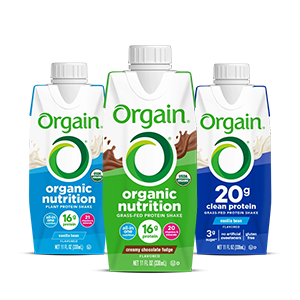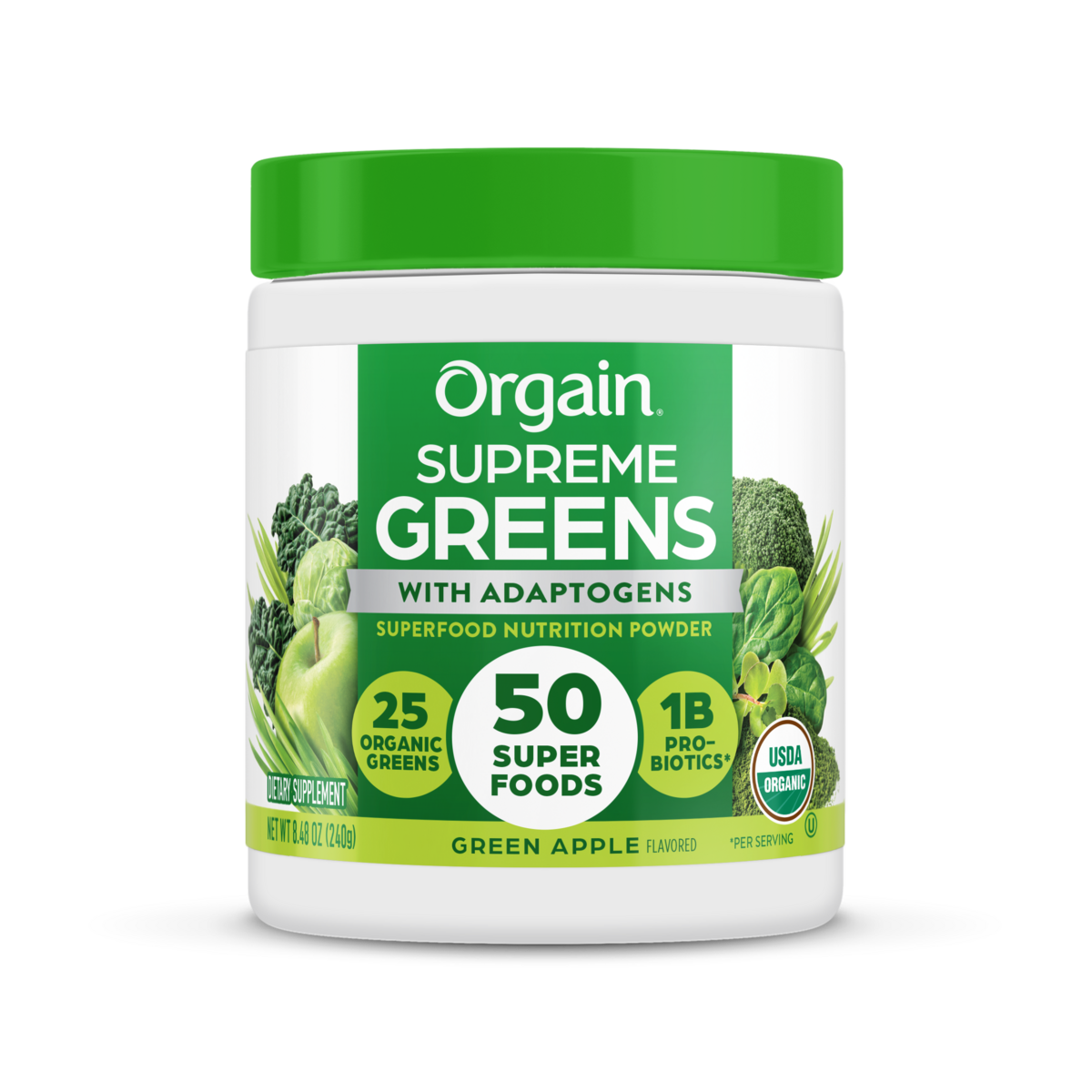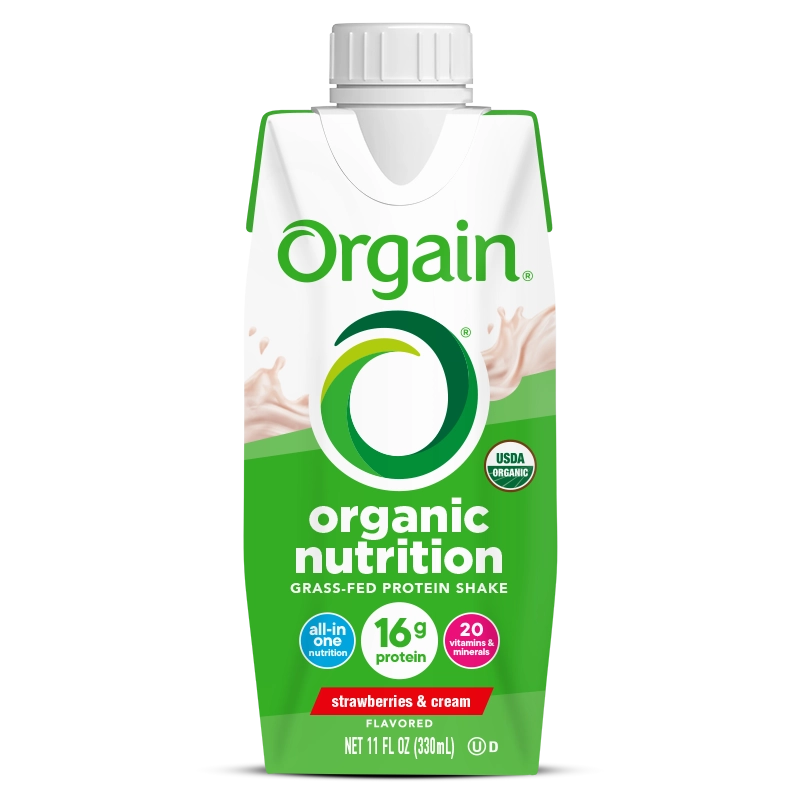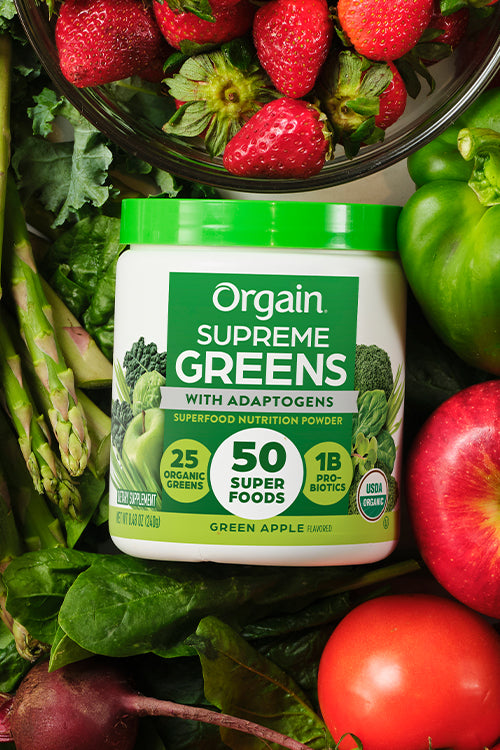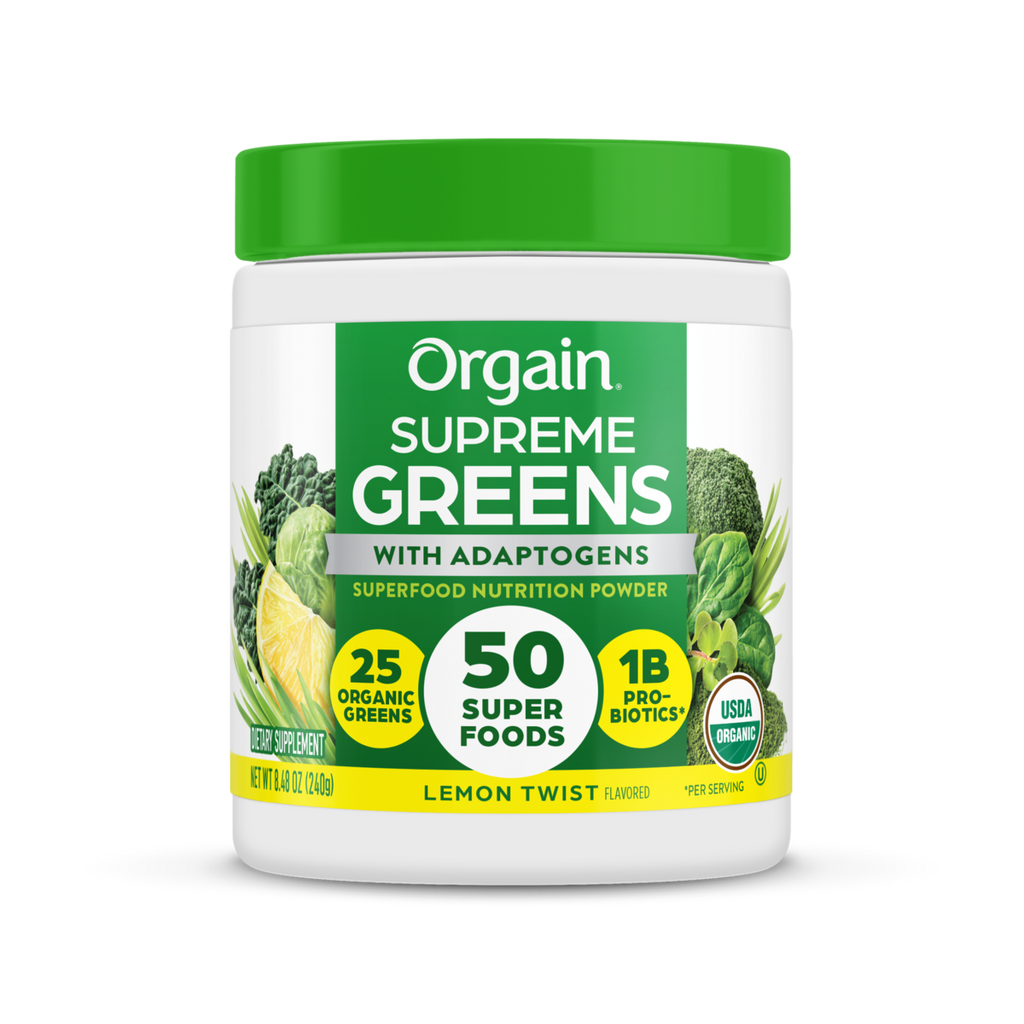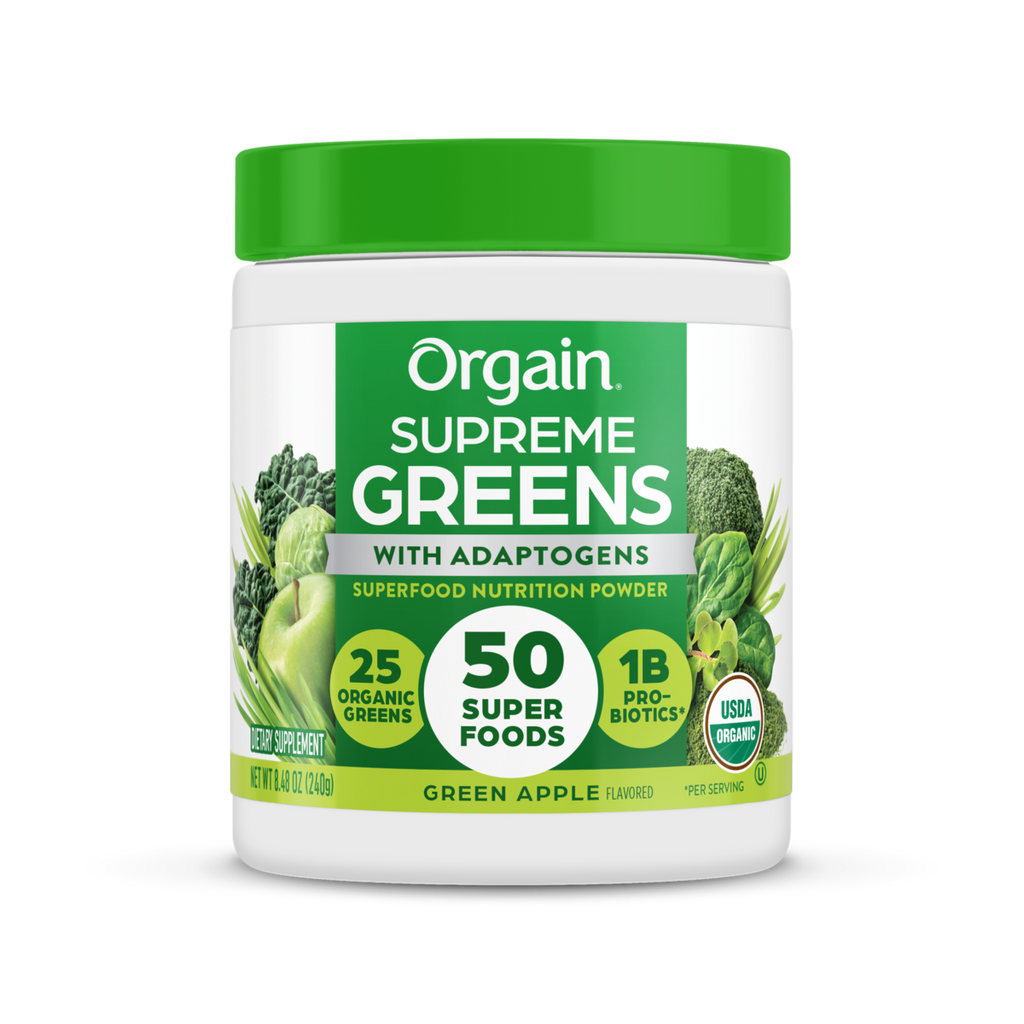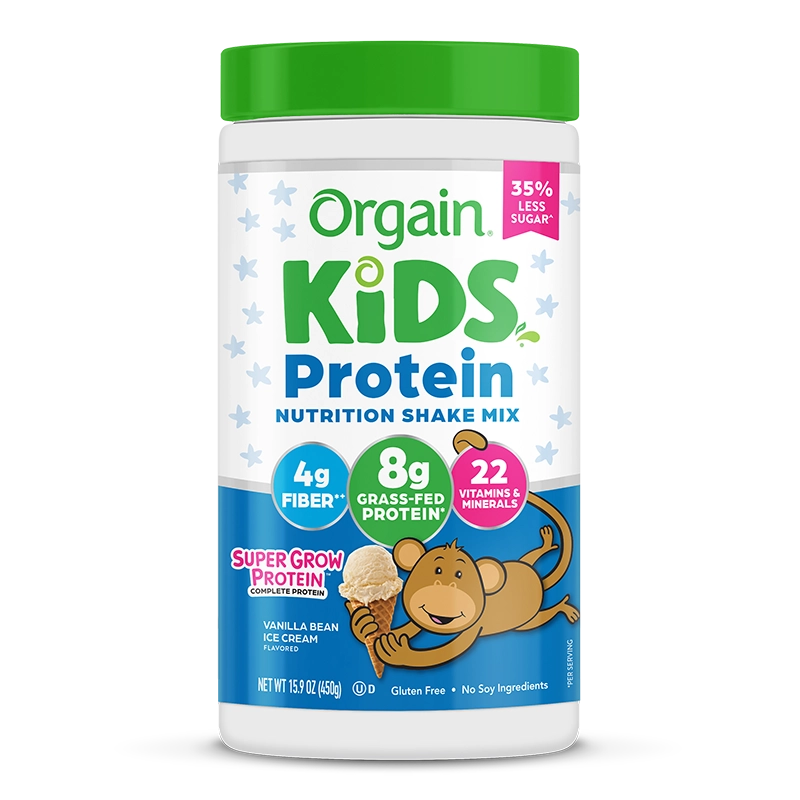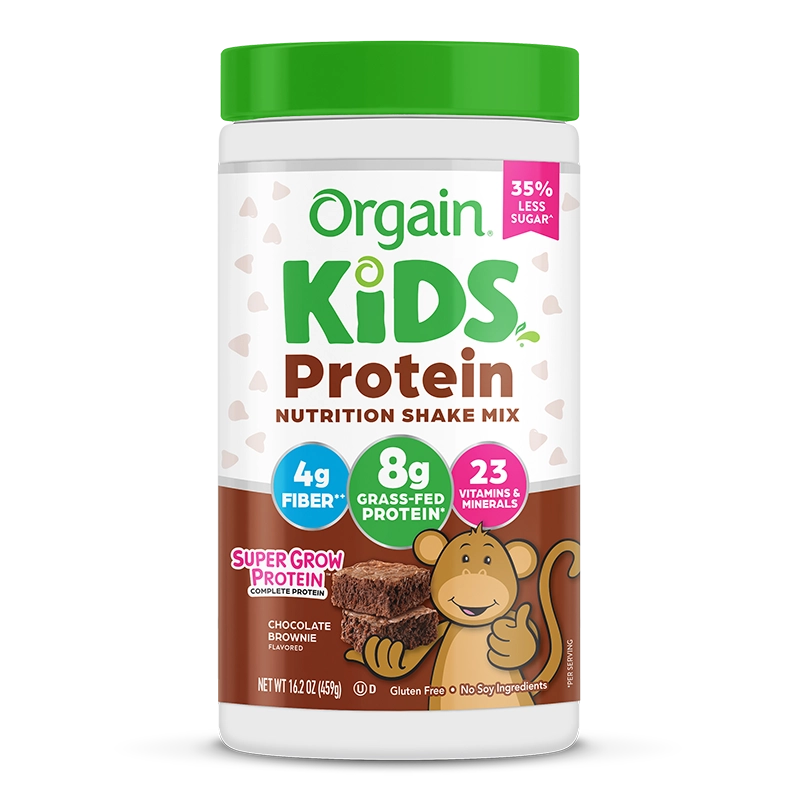Gluten-free diets have dramatically risen in popularity in the United States in the past ten years, but many people are still unsure of what exactly gluten is and why gluten is bad.
Gluten is commonly found in foods that contain wheat, barley, and rye, so you’ll find it in everything from breads to baked goods, crackers, sauces, soups, beverages, and more.
Here’s everything you need to know about gluten.
What is Gluten?
Most people are now familiar with the term “gluten,” but few have a firm grasp on what gluten actually is.
Gluten is a term used to refer to a family of proteins found in certain types of grains like wheat, barley, and rye; gluten is also found in a grain that is a cross between wheat and rye, called triticale. When found in wheat, gluten takes the form of proteins called gliadin and glutenin. When found in barley and rye, gluten is referred to as hordein and secalin, respectively.
You may have noticed that certain types of gluten-free foods seem to be more dry or less airy and “fluffy” than products baked with gluten. That’s because gluten acts as a binding and extending agent and helps to improve the texture, moisture retention, and flavor of foods.
Gluten is a complex protein network that has been difficult to replicate, but gluten free foods are slowly improving in taste and texture. Additionally, gluten is highly resistant to the mechanisms of gastric, pancreatic, and intestinal proteolytic digestion, which means many people have difficulty digesting products that contain gluten.
What is a Gluten Intolerance?
There are three main types of gluten intolerance: celiac disease, non-celiac gluten sensitivity, and wheat allergy. Each of these conditions is defined by the inability to properly digest the proteins that fall under the gluten family. People who have any of the different types of gluten intolerance require a gluten free diet in order to properly manage their symptoms.
Celiac Disease
Celiac disease is a hereditary autoimmune disease in which the immune system starts to attack the small intestine when an individual consumes gluten. This chronic inflammatory disorder is sometimes referred to as “celiac sprue” and is influenced by both genetic and environmental factors, with the environmental factor being gluten consumption.
While celiac disease was once believed to be very rare, it is now known to affect about one percent of the population globally.
There are over 200 symptoms known to occur as a result of celiac disease, but among the most common in adults include:
- Diarrhea, abdominal bloating and pain
- Unexplained iron-deficiency anemia
- Bone or joint pain
- Fatigue
- Arthritis
- Loss of bone density
- Liver and biliary tract disorders
- Depression or anxiety
Children are more likely to experience digestive symptoms than adults and may experience short stature, delayed growth, and failure to thrive.
Non-Celiac Gluten Sensitivity
Non-celiac gluten sensitivity is a medical condition in which a person does not have celiac disease but still has difficulty properly digesting and absorbing nutrients from food that contains gluten.
While the jury is still out on the exact number of people that suffer from non-celiac gluten sensitivity, studies currently indicate that between 0.5 and 13 percent of the population may have difficulty digesting gluten. Digestive symptoms are the most common indicators of non-celiac gluten sensitivity, but there are other symptoms as well.
Symptoms of non-celiac gluten sensitivity include:
- Bloating
- Abdominal pain
- Diarrhea
- Constipation
- Smelly feces
- Headaches
- Fatigue
- Skin problems or disease, including dermatitis herpetiformis
- Depression and anxiety
- Iron-deficiency anemia
- Unexplained weight loss
- Joint and muscle pain
- Brain fog
- Arm or leg numbness
Wheat Allergy
An allergy to wheat is not truly considered a type of gluten intolerance, but the condition is closely related to gluten intolerance. People with a wheat allergy experience an allergic reaction when consuming wheat because their bodies consider wheat to be a foreign invader.
These individuals cannot safely consume wheat products, which contain gluten, but they may be able to consume gluten from rye or barley, assuming they do not also have a gluten intolerance. Because wheat is the most common source of gluten, many people with a wheat allergy end up following a primarily gluten free diet.
Who Can Benefit From Reducing Gluten Consumption?
In addition to the populations listed above, all of which must avoid consuming gluten in order to prevent symptoms, some other populations may also benefit from following a gluten free diet.
People with irritable bowel syndrome (IBS) may show improvement in their symptoms when following a gluten-free diet.
A study published in May of 2016 found that patients who spent just six weeks following a gluten free diet showed improvement in their IBS symptoms compared to those who did not follow a gluten free diet. It is believed that gluten alters the bowel barrier function in these patients, so removing gluten from the diet can help.
People with autoimmune disorders should also reduce or eliminate gluten consumption from their diets. Autoimmune diseases are closely linked to each other, and celiac disease is a type of autoimmune disease. People with celiac disease are considered to be at a higher risk of developing other autoimmune disorders.
Gluten can trigger certain mechanisms in the body that contribute to autoimmune disease, even in people who have tested negative for celiac disease or gluten sensitivity, due to its tendency to trigger chronic inflammation, alter the gut microbiome, trigger a leaky gut, and contribute to molecular mimicry.
Children with autism may also benefit from a gluten-free diet, although studies on the topic report mixed findings. A gluten-free diet may help alleviate signs of autism in children and can lead to an improvement in social skills, behavior, and learning.
Should I Avoid Gluten If I Do Not Have a Sensitivity?
Gluten is not inherently harmful if you do not have a gluten sensitivity or a condition that would benefit from removing gluten from your diet, such as an autoimmune disorder, IBS, or autism in children. However, you may feel better if you start following a gluten-free diet for a variety of reasons.
People who follow a gluten-free diet typically consume fewer processed foods than those who do not, as gluten is a common ingredient in many processed foods like fast food, breakfast cereal, and baked goods. As a result, some people lose weight, find that they have more energy, and experience less joint pain while adhering to a gluten-free diet.
Excess weight, fatigue, joint pain, and digestive problems are all symptoms that also occur in people with non-celiac gluten sensitivity. People who follow a gluten-free diet also typically reduce their intake of FODMAPs, which are foods that are known to cause digestive issues like flatulence and bloating.
As a result, you may feel better if you avoid gluten even without a gluten sensitivity, but it is generally not medically necessary. Your best bet? Consult with your doctor — they can do some testing to verify any sensitivities or allergies you may have and advise you from there.
Bottom Line
Consuming gluten can be medically dangerous for people with certain conditions, including celiac disease, non-celiac gluten sensitivity, and wheat allergy. For these individuals, as well as people with IBS, autoimmune disorders, and autism in children, adhering to a gluten-free diet may help improve symptoms.
Adhering to a gluten-free diet can be challenging at first, but many companies, including Orgain, now offer products that are certified gluten-free and are accessible even by those with a severe gluten intolerance like celiac disease.
Sources:
Celiac disease: From pathophysiology to treatment - NCBI
Nonceliac gluten sensitivity - NCBI
Cross-Reaction between Gliadin and Different Food and Tissue Antigens - Scientific Research

